September 28, 2020
What happens when a volunteer tasked with monitoring a child’s safety and well-being cannot see that child in person?
“The Covid-19 pandemic has created a perfect, tragic storm for vulnerable children,” says Amy Wilker, director of the Court Appointed Special Advocate (CASA) program in Arlington and Alexandria. Risk factors for abuse, such as economic hardship and parental stress, are on the rise, while children have been isolated from teachers and other adults who would normally notice and report signs of distress.
CASA provides trained volunteers appointed by local judges to serve as a direct voice for children in the juvenile court system. During Gov. Ralph Northam’s stay-in-place order, advocates were not permitted to do in-person visits, so they had to get creative.
One volunteer was able to stay in contact with a teenager in foster care using FaceTime. Together, they began taking weekly “virtual field trips” based on the teen’s interests.
Another, appointed to advocate for a newborn exposed to cocaine, arranged for a virtual tour of the baby’s foster home to see where she sleeps, eats and hangs out while both foster parents telework. The goal is for the infant to eventually return to her biological parents, but visits were suspended due to Covid-19. So was the mother’s substance-abuse treatment.
“It can feel devastating when in-person bonding between baby and parents can’t happen,” says CASA case supervisor Jacky Jenks.
Through virtual treatment team meetings, the parents were able to see and talk to their baby via video. The volunteer helped the mother identify online support groups and taught her how to take a screenshot so she could keep a photo of her baby with her.
CASA volunteers have also helped families address problems ranging from food insecurity to technology troubleshooting for distance learning.
Some 15 new CASA volunteers were sworn in virtually in April, and nine more entered training in July. “While this is a time of uncertainty and fear for all of us,” Wilker says, “it is likely affecting children the most.”
